Q&A: HP's George Brasher talks innovation in legacy markets
The UK & Ireland MD charts a course for welcoming, and retaining, more women in tech
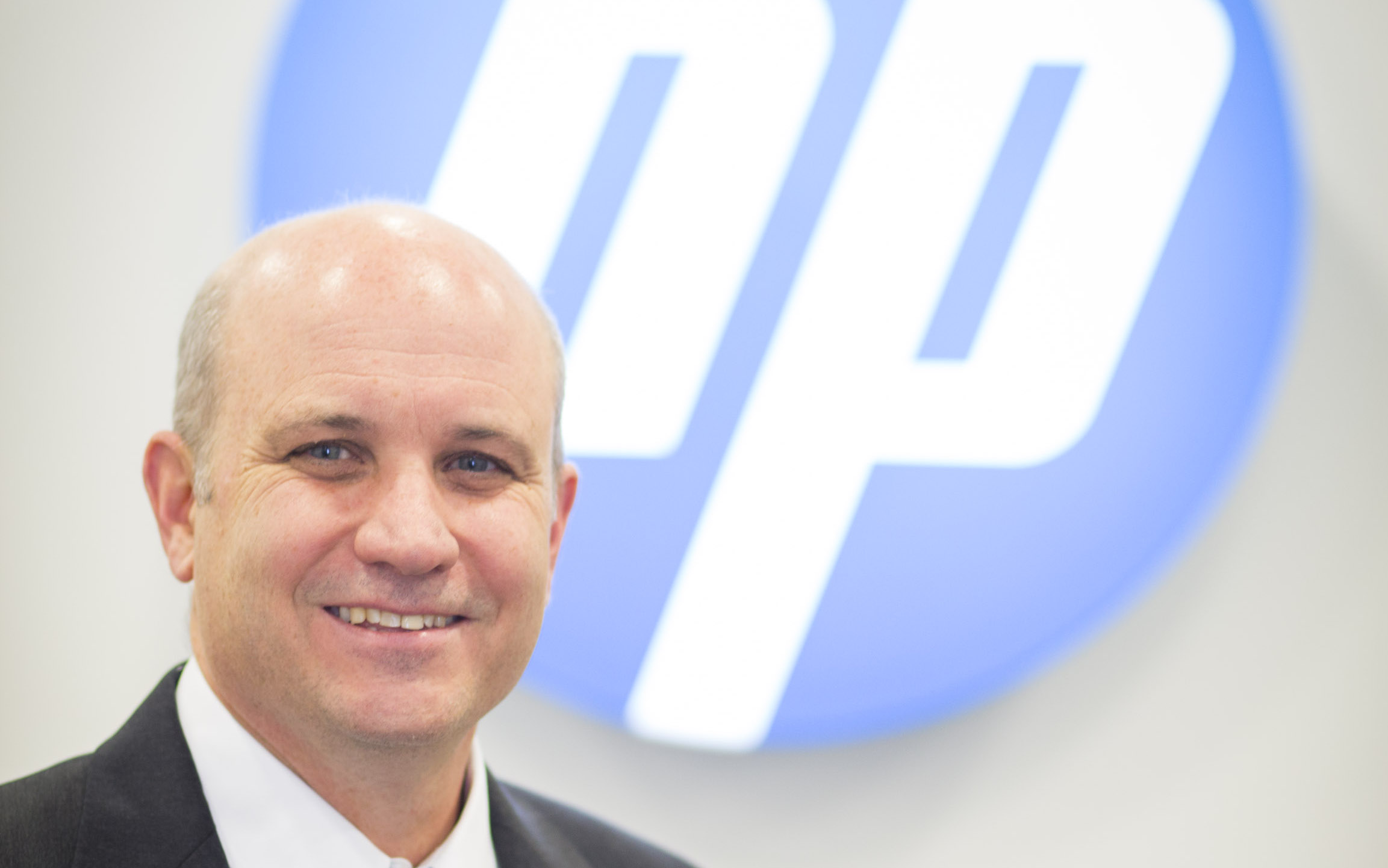
As a business focused on the legacy side of IT PCs and printers you'd be forgiven for thinking that HP is focused on managing decline.
But looking at the numbers, that's clearly not the case.
In fact, revenue has grown from $12.7 billion in January 2017 to $14.5 billion for the quarter ending in January this year. And net earnings tripled from $611 million to $1.9 billion over that same period, despite R&D costs growing by $50 million, with HP pushing to innovate in its two main businesses, which remain huge markets.
We sat down with George Brasher, HP's UK and Ireland MD, to discuss the future of PCs and printing, as well as HP's involvement in the Tech Talent Charter, an initiative to promote diversity in tech workforces.
HP is an early innovator in 3D printing; how will this technology change the nature of manufacturing in the future?
"The impact will be that instead of having physical supply chains where you design something and it's made in another country and brought to where it needs to be done, instead you're going to have digital supply chains where things will be sent via digital files and then produced on demand. Parts will be created and pushed out to areas close to customers round the world.
It gives you other benefits - all manufacturers have to keep spare parts for a certain number of years after a product goes end of life because you need to support the installed base. Wouldn't it be much easier, instead of having parts that consume space and have to be warehoused, to have a digital part you can turn into a physical part and then you're ready to go? It makes it much easier to support customers and has a lower impact on the environment."
Get the ITPro daily newsletter
Sign up today and you will receive a free copy of our Future Focus 2025 report - the leading guidance on AI, cybersecurity and other IT challenges as per 700+ senior executives
HP has launched Device-as-a-Service (DaaS), where essentially organisations can rent their devices and all associated tech support. Is that how you see the future of the PC market evolving?
"If you go back 15 years the printing industry essentially went from a transactional model to a contractual model. The same transition that happened in print is now happening in computing.
What IT directors around the world now ask is 'can you help me get control over my devices, help me manage my devices and secure them and then help me manage them in a cost-effective way?'
[In DaaS] we have an analytics platform we provide for our customers and they're able to see several things on that. You can actually see what processors are underused, which are overused and which are used correctly. As you look to refresh devices you can get the right products for your users. Another example is battery usage. We've all had the experience that as laptops get longer in life, batteries all of a sudden have a fall off. You can look across your portfolio of devices and say 'in three weeks, this laptop needs a new battery. How about we send one now so he can do it ahead of time? How many other batteries are needed in that office so we can send them all in one shipment?'"
You mentioned the transition in printing - how has your acquisition of Samsung's A3 business changed how HP positions itself in the market?
"Samsung had some great print technology - that's why we wanted to buy them - just like we have the inkjet PageWide technology, this gives us the laser technology, which is super. They had a great lineup of A3 devices we were OEM-ing even before we bought it.
Folks are already talking to us having that conversation, what it gave us was an even broader portfolio of a3, so we can have a broader conversation. Most print vendors would come in and say 'I can do laser', or 'I can do ink', or 'I can do A3' or 'I can do A4', and we can say not only do we have ink, we can do laser, we've got PageWide, and we have A3 and A4 and we have security that wraps around it, so we can bring the entire end-to-end proposition to the customer."
As printers grow more advanced, how do you safeguard them from hackers?
"You have to start by saying a printer's just another endpoint device on a network, so any endpoint device without proper security can be breached. It's got an operating system, it has a hard drive, it's got middleware, it can send and receive email, so we approached it from a resilience perspective, which is first you want to stop intrusions, then detect it, then repair it.
Because the OS layer is getting so hardened, hackers are looking at how they can go above and below the OS and one way is getting into the BIOS, getting into the firmware, so we have that on PC to allow us to have a self-healing BIOS, and now we've put the same thing on our printers. The BIOS, it boots up and sees 'hey I've got firmware on here which I don't recognise'. It jettisons it and goes back to a known good copy, a gold copy, and then restarts the device."
HP is a signatory of the Tech Talent Charter, so what efforts is it making to improve its gender balance and workforce diversity?
"I have a tonne of things to say and it [all] comes from a business point of view. We're an industry that only works if we have great innovation. The only way you get great innovation is getting a lot of different opinions sitting around the table and you debate it and work through it. I want to have people that think very differently sitting around the table from me because they're going to bring different perspectives and help make the best decisions.
We're going to work to the goal of a woman on every shortlist and also be part of the diversity reporting [Tech Talent Charter signatories commit to revealing their workforce diversity] because the scoreboard will drive people and drive behaviour.
Second thing is, we look at is our on-ramp for talent in our intern programme. We bring interns in and the best interns become graduates the best graduates move on to become [staff]. This is the feeder for talent. So we've said 50% of our interns are going to be female; we're going to use the programme as a forcing function.
The third thing we're doing is a pilot for a returners programme: if a woman leaves work and has a baby then she comes back in. We did a pilot last year and it worked great, and so we're going to start a returners programme. If we do that, and more companies adopt it, it'll give them a better perspective [by having more diversity]."
-
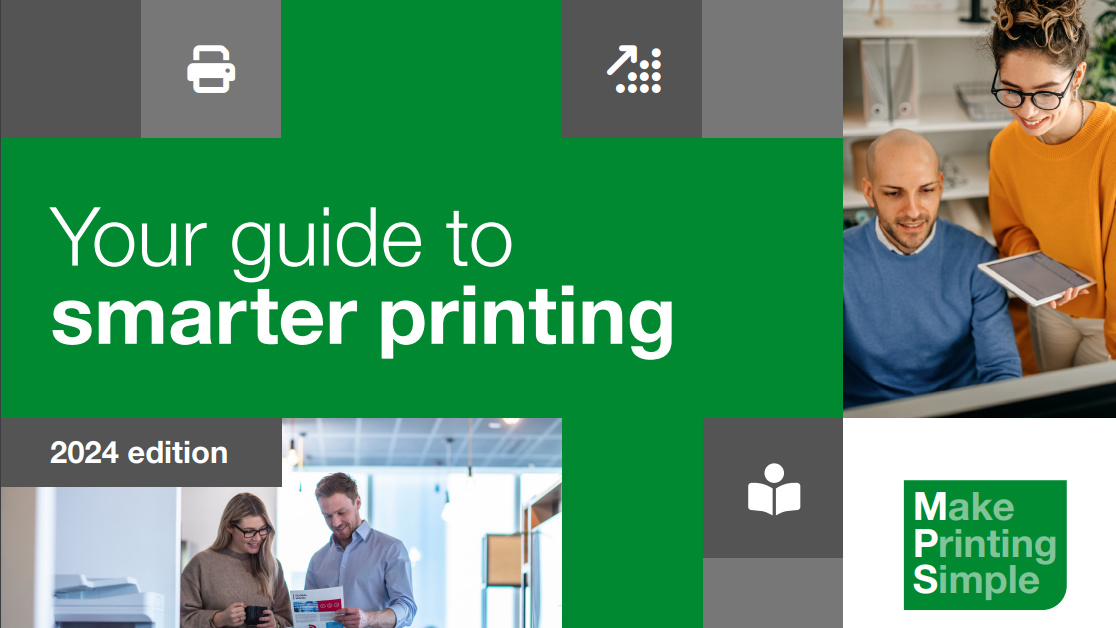 Your guide to smarter printing: 2024 edition
Your guide to smarter printing: 2024 editionWhitepaper Making smarter printing simple for all businesses
By ITPro
-
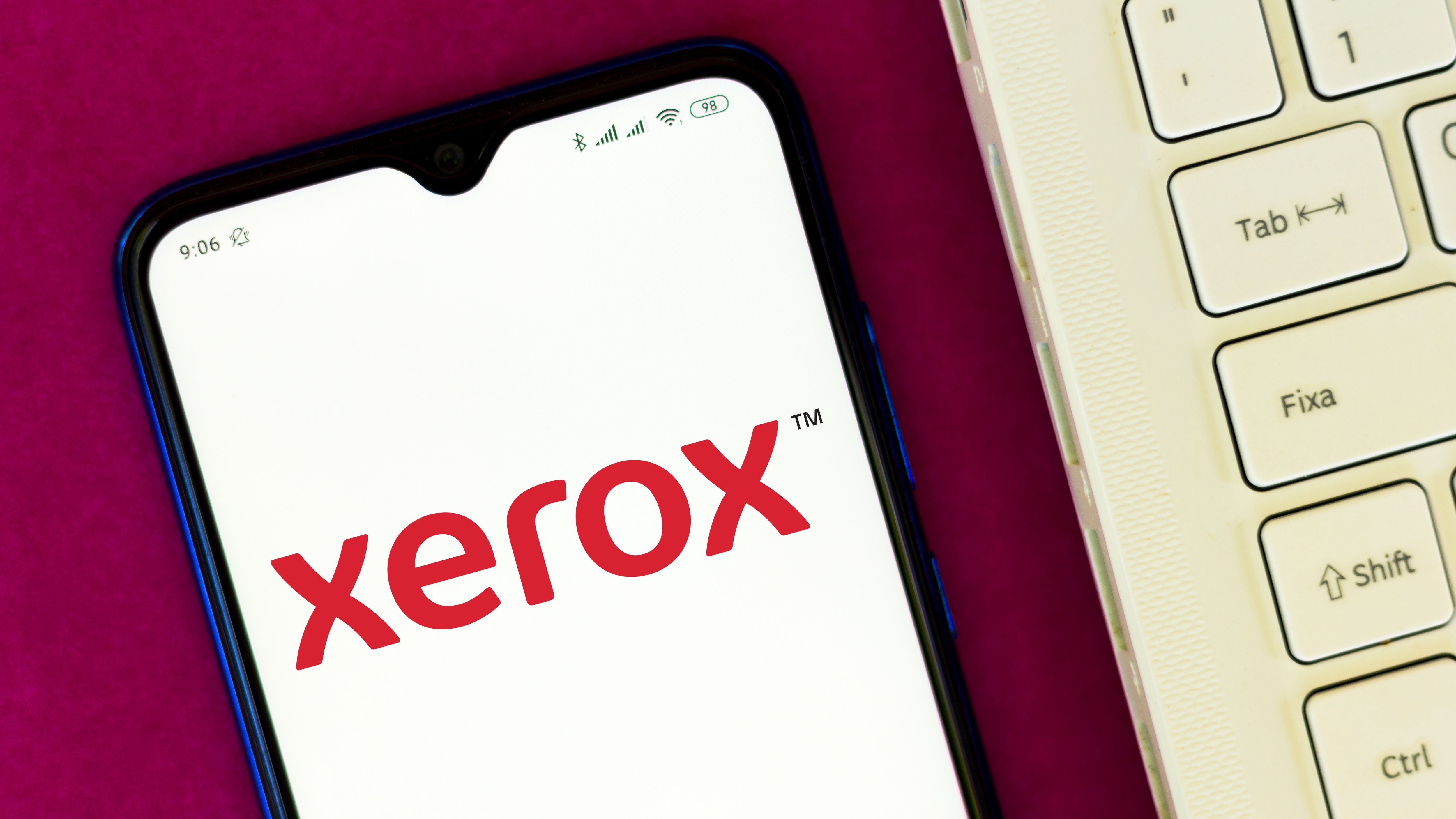 Xerox acquires managed print services provider Advanced UK
Xerox acquires managed print services provider Advanced UKNews Print and digital document giant moves to further expand its service portfolio
By Daniel Todd
-
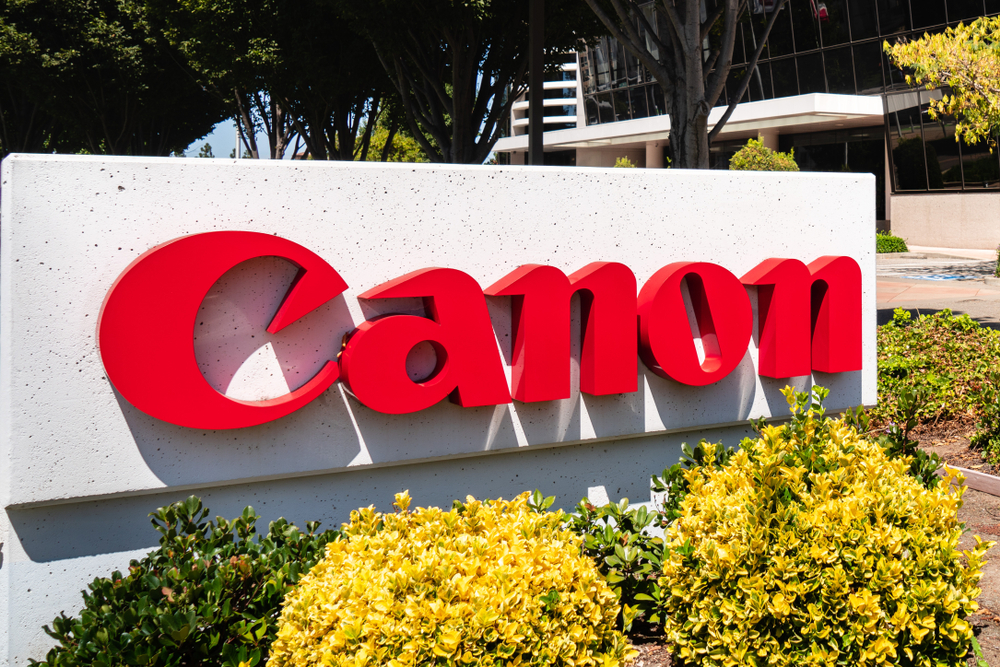 Canon UK teams up with AdEPT to launch new managed IT services
Canon UK teams up with AdEPT to launch new managed IT servicesNews New offering combines Canon print and imaging solutions with AdEPT’s managed IT services know how
By Daniel Todd
-
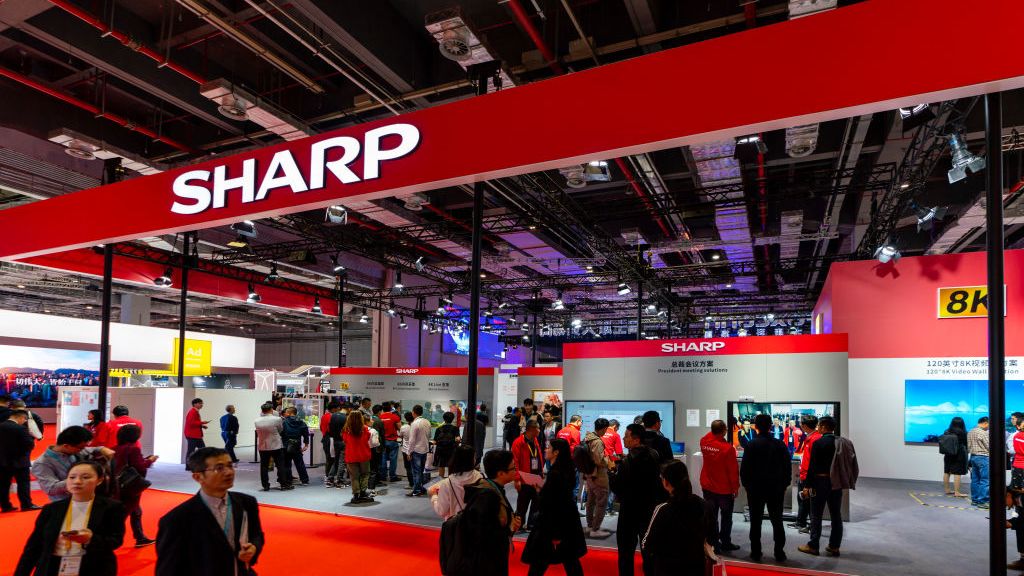 Sharp expands IT services with new FundOnion partnership
Sharp expands IT services with new FundOnion partnershipNews Collaboration will see the business finance platform now offer Sharp’s range of B2B solutions
By Daniel Todd
-
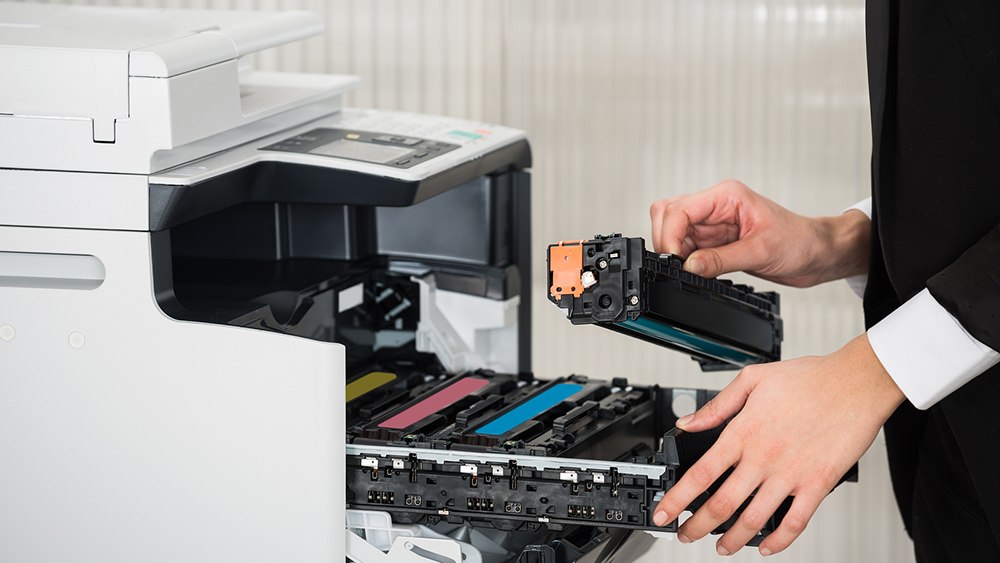 How to reduce printing costs and paper waste
How to reduce printing costs and paper wasteIn-depth Tips on how to improve the efficiency and reduce the costs of office printing when you're not quite ready to go paperless
By Steve Cassidy
-
 What is a managed IT service?
What is a managed IT service?In-depth With two-thirds of businesses using them, learn about what managed IT services are and how they’re being used
By Rene Millman
-
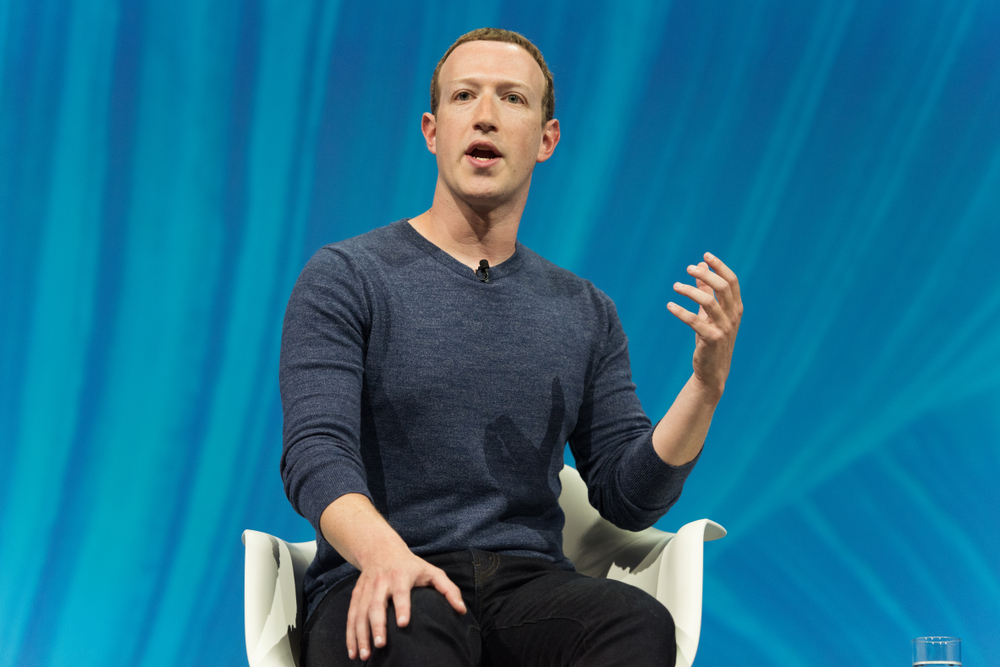 Facebook behaves like "digital gangsters" with customer data, MPs warn
Facebook behaves like "digital gangsters" with customer data, MPs warnNews Select committee calls for compulsory code of conduct and independent regulator to combat harmful social media content
By Bobby Hellard
-
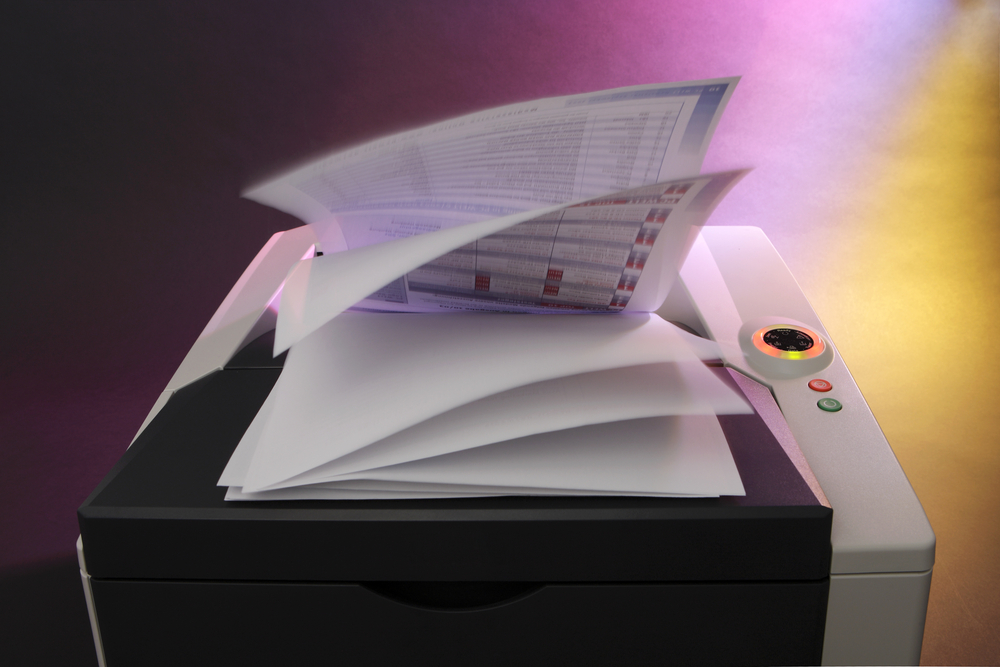 Five ways managed print services can benefit your business
Five ways managed print services can benefit your businessIn-depth Learn about the environmental, financial and security advantages of outsourcing your printer management
By Esther Kezia Thorpe

